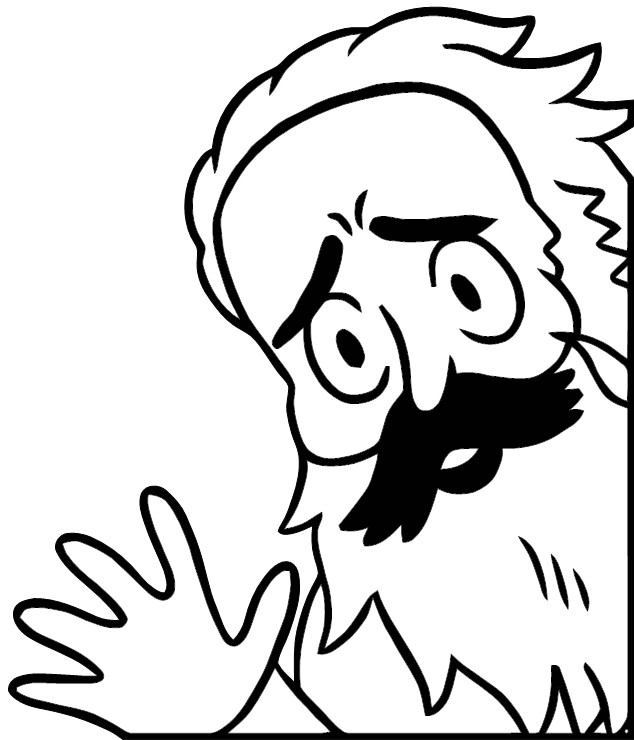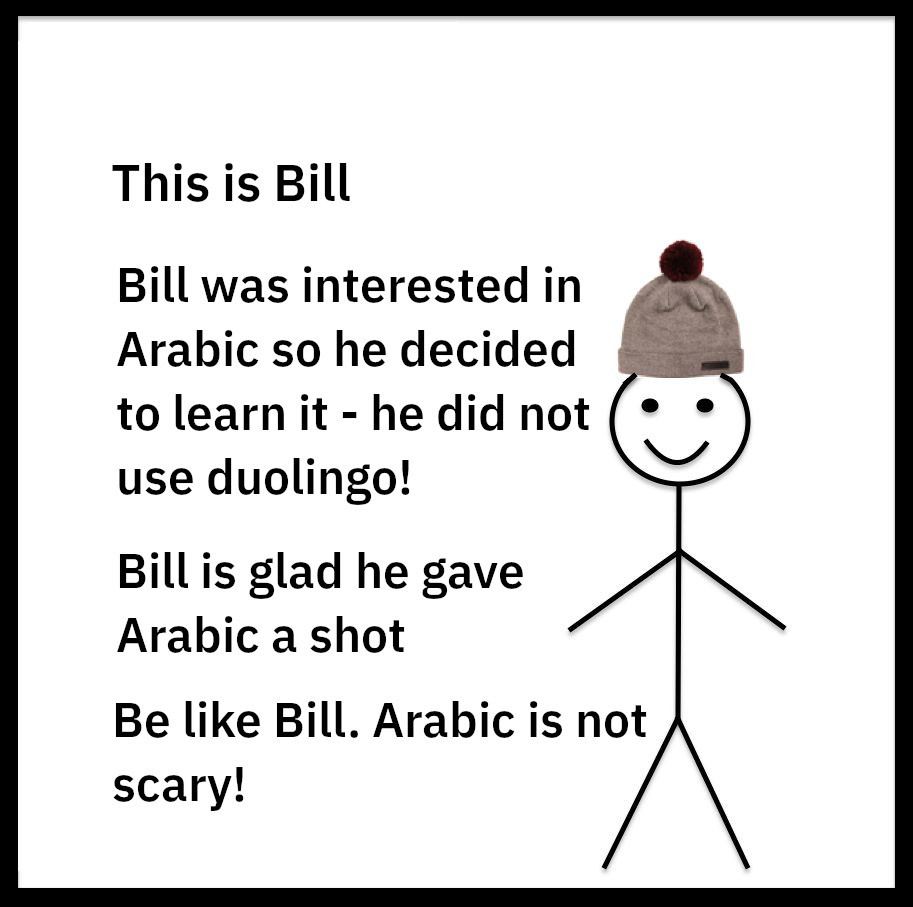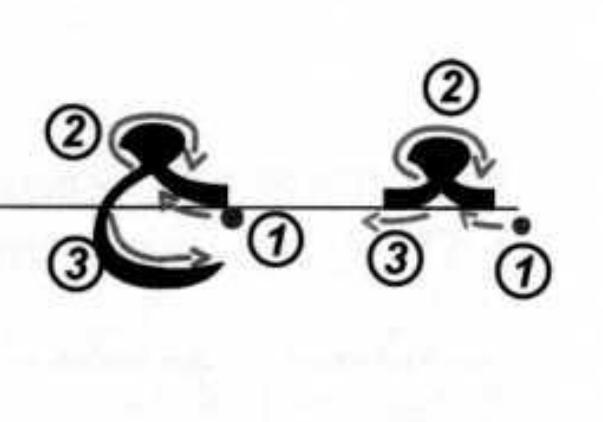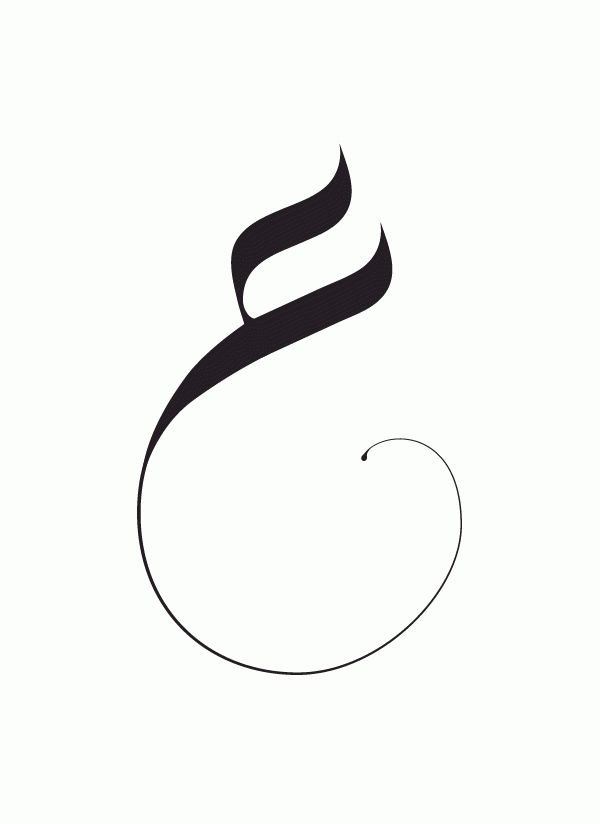For everyone else: السلام means peace.
Prof_mu3allim
@[email protected] @[email protected] @[email protected] @[email protected] @[email protected] @[email protected] @[email protected] @[email protected] @[email protected] @[email protected] @[email protected] @[email protected] @[email protected] @[email protected] @[email protected] @[email protected] @[email protected] @[email protected] @[email protected]
In Arabic we say كِش مات kish maat to mean checkmate. Here is the etymology of checkmate:
mid-14c., in chess, said of a king when it is in check and cannot escape it, from Old French eschec mat (Modern French échec et mat), which (with Spanish jaque y mate, Italian scacco-matto) is from Arabic shah mat "the king died" (see check (n.1)), which according to Barnhart is a misinterpretation of Persian mat "be astonished" as mata "to die," mat "he is dead." Hence Persian shah mat, if it is the ultimate source of the word, would be literally "the king is left helpless, the king is stumped."
In Arabic a check is كِش مَلِك:
كِش kish means to recoil
and مَلِك malik means king
So when it's a checkmate you say مات maat 'died' because it's over now ت
spoiler
You got it 
It's all about how we do verb conjugation. In Arabic verb conjugation not only tells you the number (singular, dual or plural) but also the gender of the subject. So there is no need to include a pronoun subject.
he found = وَجَدَ just one word in Arabic, the conjugated verb. We can include a pronoun subject if we wanna add emphasis for example, وَجَدَ هو 'he found'
Could I say:—
وَجَدَ عَلي الكِتاب
وَجَدَت نور الكِتاب
Yes that is how we'd say it 
Also, "7" is an alternative to "H" as a transliteration for ح, right?
Yeah, and it's used in Arabizi. It's because of the similarity between 7 & ح.
@[email protected] @[email protected] @[email protected] @[email protected] @[email protected] @[email protected] @[email protected] @[email protected] @[email protected] @[email protected] @[email protected] @[email protected] @[email protected] @[email protected] @[email protected] @[email protected] @[email protected] @[email protected] @[email protected] @[email protected]
@[email protected] @[email protected] @[email protected] @[email protected] @[email protected] @[email protected] @[email protected] @[email protected] @[email protected] @[email protected] @[email protected] @[email protected] @[email protected] @[email protected] @[email protected] @[email protected] @[email protected] @[email protected] @[email protected] @[email protected]
I enjoy your questions 
not all substitutions are possible; one substitution can prevent others—the steric hindrance of Arabic verb forms.
Now we cooking!  Yes, alchemy sure is a loanword from Arabic, you can tell by the al- part which is the definite article in Arabic.
Yes, alchemy sure is a loanword from Arabic, you can tell by the al- part which is the definite article in Arabic.










 About 4 years ago I made a similar post and ended up teaching
About 4 years ago I made a similar post and ended up teaching 



Yes the pattern is فُعلان.
So سُبحان is a cognate accusative, and usually the verb itself is omitted.